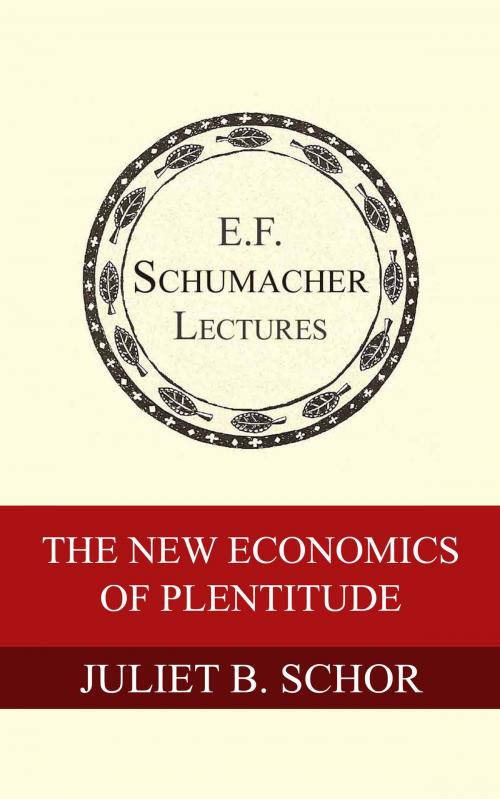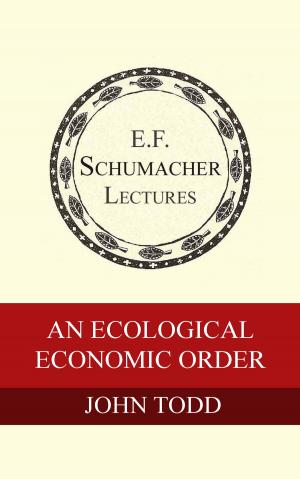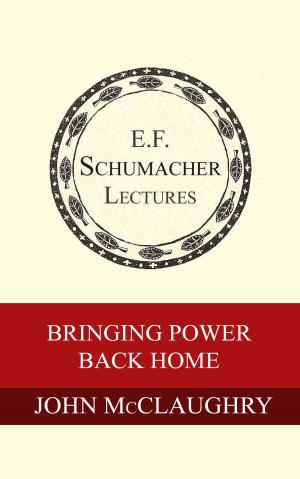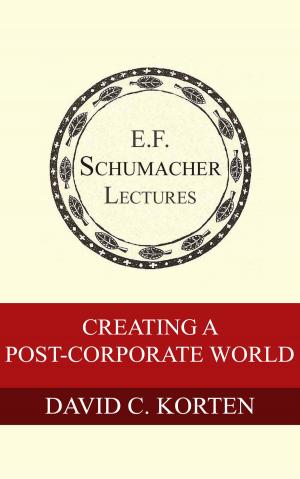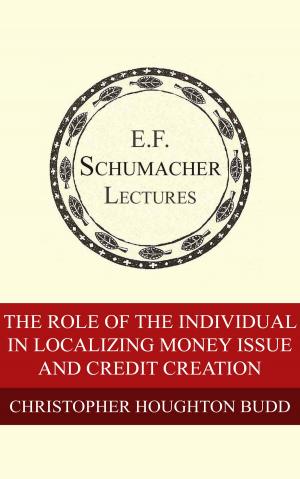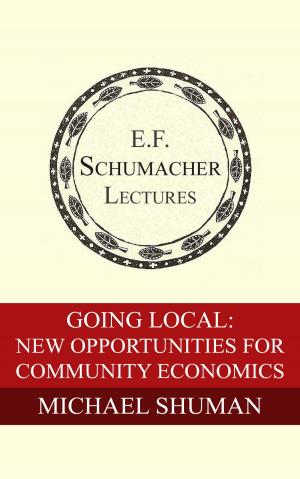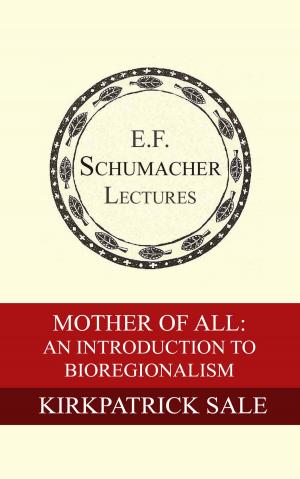The New Economics of Plentitude
Business & Finance, Economics, Sustainable Development, Economic History| Author: | Juliet B. Schor, Hildegarde Hannum | ISBN: | 1230000297963 |
| Publisher: | Schumacher Center for a New Economics | Publication: | February 9, 2015 |
| Imprint: | Language: | English |
| Author: | Juliet B. Schor, Hildegarde Hannum |
| ISBN: | 1230000297963 |
| Publisher: | Schumacher Center for a New Economics |
| Publication: | February 9, 2015 |
| Imprint: | |
| Language: | English |
The collection of lectures and publications from the Schumacher Center for a New Economics represents some of the foremost voices on a new economics.
Juliet Schor critiques both the free-market and Keynesian paradigms of macroeconomics. She argues that in this day and age we need to construct new economic relationships, a new economics, which take into account ecological dangers, stagnation and inequality in the global North, and global poverty. Schor insists that we need to move beyond the paradigm whereby planetary and human well-being are understood to be mutually exclusive. She proffers "an economic model for a post-growth society." This model involves a shift of labor from the formal labor market, a reduction of average work hours per employee, and the expansion of the local economy. She also draws on the new models of consumption and production that are being developed in our contemporary moment, highlighting how self-reliance today does not mean a return to 18th century practices, but 'high-tech self providing,' that is, the use of highly productive, smart machines on a household level.
The collection of lectures and publications from the Schumacher Center for a New Economics represents some of the foremost voices on a new economics.
Juliet Schor critiques both the free-market and Keynesian paradigms of macroeconomics. She argues that in this day and age we need to construct new economic relationships, a new economics, which take into account ecological dangers, stagnation and inequality in the global North, and global poverty. Schor insists that we need to move beyond the paradigm whereby planetary and human well-being are understood to be mutually exclusive. She proffers "an economic model for a post-growth society." This model involves a shift of labor from the formal labor market, a reduction of average work hours per employee, and the expansion of the local economy. She also draws on the new models of consumption and production that are being developed in our contemporary moment, highlighting how self-reliance today does not mean a return to 18th century practices, but 'high-tech self providing,' that is, the use of highly productive, smart machines on a household level.
